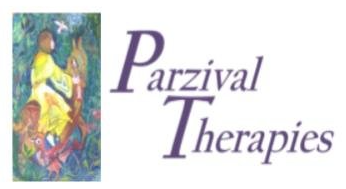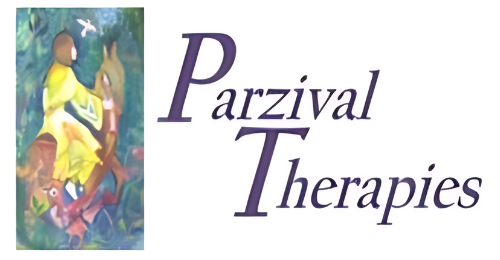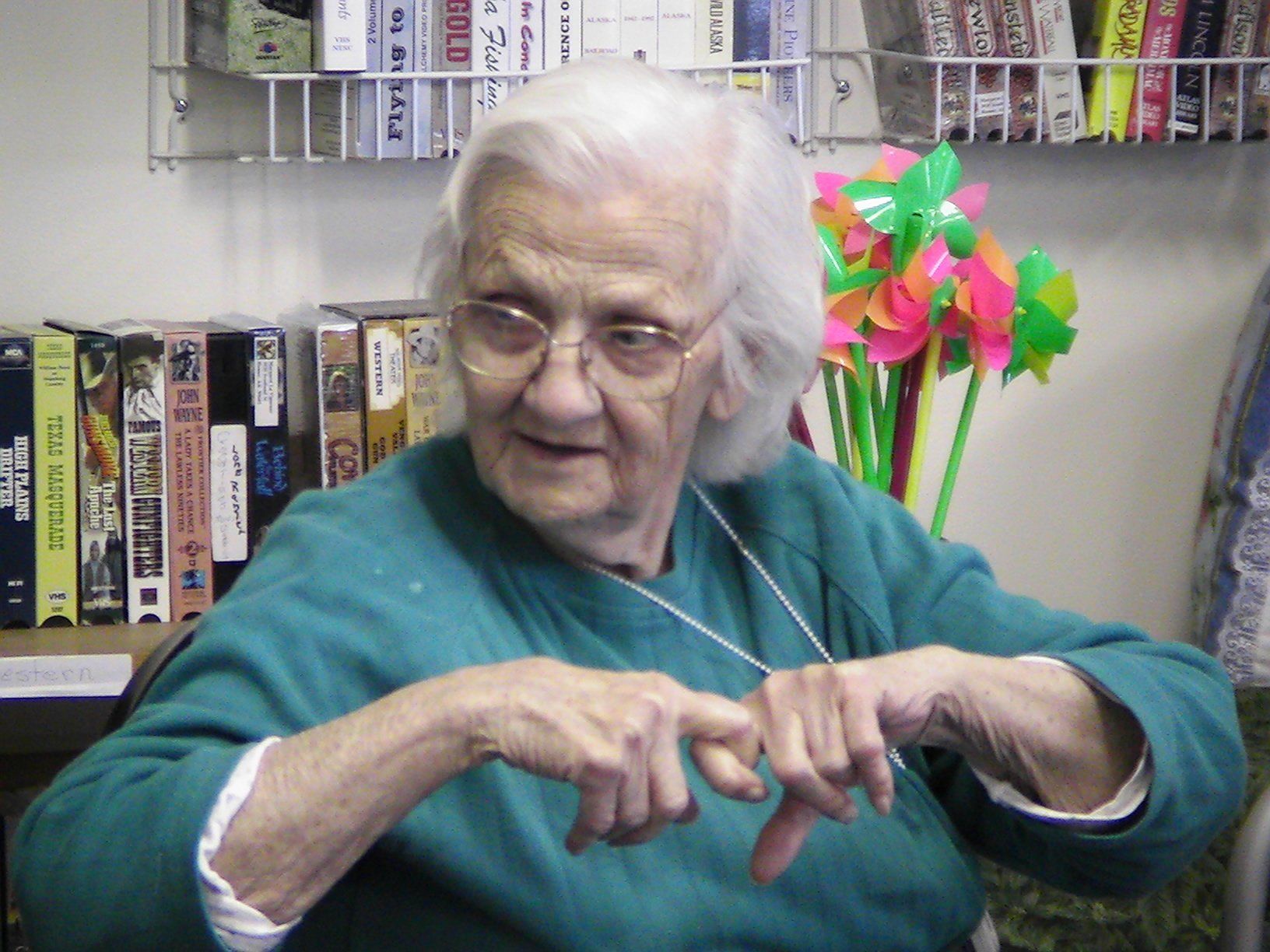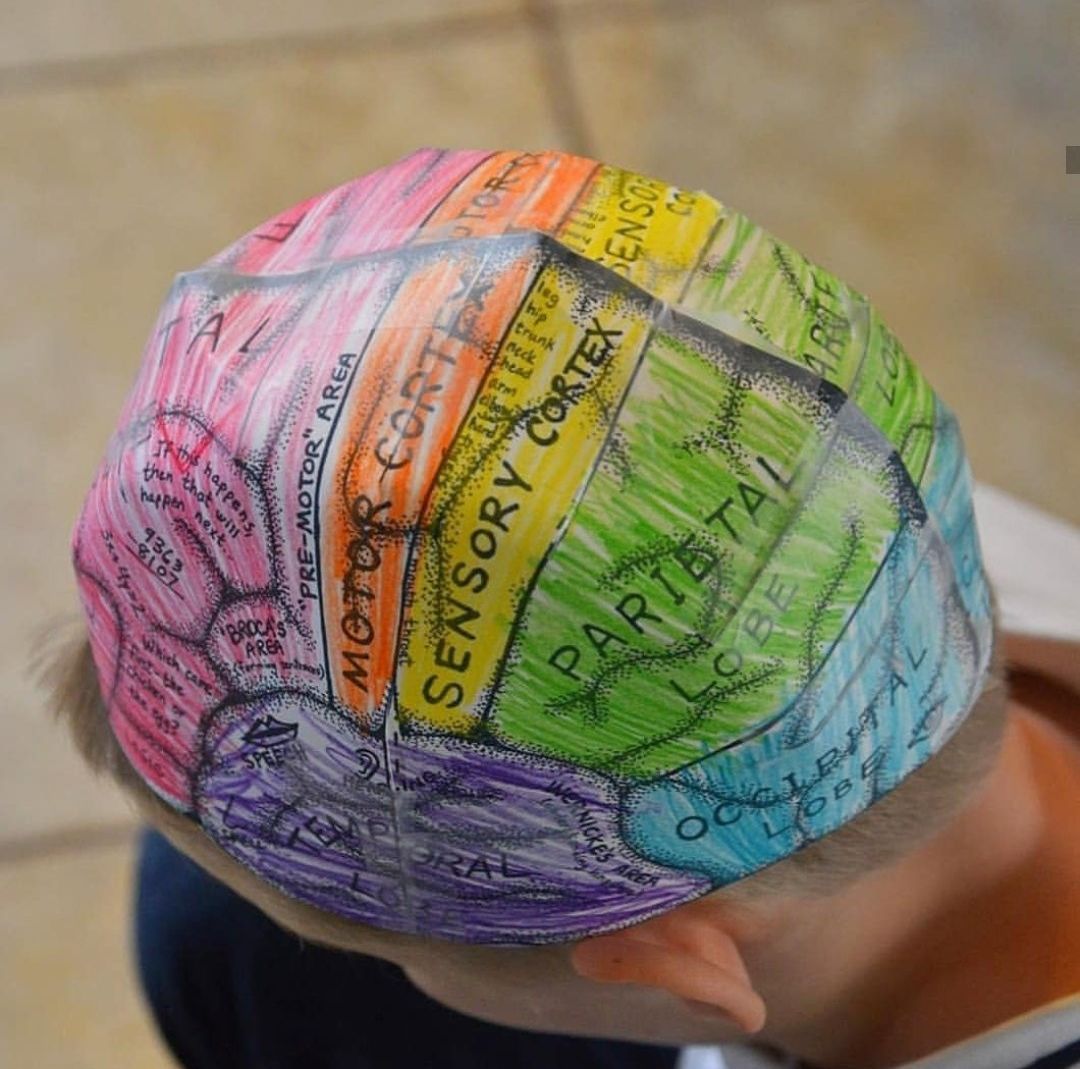Specialties
— Assisting individuals through every stage of life —
Early Childhood
Throughout early childhood, individuals may show early signs of neurological challenges, especially once they reach school age. Certain elements may be overstimulating and cause behavioral responses that might be viewed as opposition, aggressive or defiant. The HANDLE® approach views these behaviors as communications and seeks to understand the underlying causes. Often the underlying issues have to do with disorganized sensory and neurological systems. HANDLE® is a gentle, non-drug approach to helping children with these kinds of problems.
I can evaluate your child and we can uncover these areas needing support. Together we can work together to facilitate the improvements in your child's life that will allow them to navigate this world with less sensory stress and more confidence.
Teenagers
When they are at the peak of their educational journey, students may suddenly find themselves struggling to maintain focus on lectures, manage the increasing demand for computer class time, and focusing on academic demand. Social situations may be challenging as well. None of these factors point to a lack of intelligence, it simply means that their systems are wired differently and that's okay! The HANDLE® approach works well for teenage individuals because it emphasizes their skills and talents without making them feel inferior or incapable.
Areas of Concern May Include
- Dizziness
- Difficulty with reading, memory, attention
- Eyestrain
- General stress or depression
- Coordination problems
- Sleep issues
Clients may have been recovering from brain injuries (concussion, surgery, cerebral palsy or effects of chemotherapy), dealing with sensory processing challenges, Asperger's, autism or ADD/ADHD, depression or bipolar disorder or general stress.
Let's Talk
Adults
Issues of Aging
As individuals begin aging, more neurological challenges may develop. The aging process can be accompanied by changes in how we move, hear, see, and think. As an older person begins to experience insecurity due to balance problems, and reduced vision and hearing, anxiety may increase. The brain’s energy is spent on ensuring safety first. A person may choose to restrict movement activities to ensure they don’t feel insecure or fall. Choosing to restrict activity may lead to more issues with movement and the senses.
HANDLE® recognizes the concept of neuroplasticity- that the brain and nervous system are in a constant state of adaptation to environmental stimuli throughout the lifespan. Employing gentle daily routines that enhance the senses and motor function can address balance issues, cognitive abilities and more. HANDLE® programs may produce significant results that increase the quality of life for a growing number of older adults.
HANDLE® programs are implemented in homes and care situations, taking about 20 to 30 minutes a day. Using gentle activities designed to prevent stress to the nervous system and body. Each individual is different, with different needs and challenges, so each HANDLE® program is tailored to the needs of just one person.
Results You Might See
- Improved perception of position in space (Including balance)
- Decreased risk for falls
- More responsive/reliable muscle tone
- More stamina/energy
- More reliable memory, name-recall and less word-finding problems
- Improved digestion, decreased constipation
Brain Injury
The life-altering experience of a brain injury may be causing you or your loved one to have sensory disturbances, issues with movement, memory problems, word finding and fluency problems, balance issues, paralysis, changes in stamina, mood, personality, and much more. You may appear fine to others but are suffering deeply in a way that others just don’t understand. The medical system offers some support but you may find it falls short of expectations and doesn’t provide the deep results you need. The HANDLE® approach offers drug - free methods to navigate this difficult time.
The HANDLE® approach recognizes two primary functions that are weakened with brain injury - vestibular (inner ear) function and interhemispheric integration (communication between the two sides of the brain). An organized, sensitive vestibular system together with strong interhemispheric integration is required to support most or all of the functions that have been compromised in the case of a brain injury. Examples include listening while filtering unnecessary sounds, talking and gesturing, maintaining the body in a balanced, upright position and attempting to take notes.
The habilitative program deals first with lowest level underlying functions like vestibular function and communication between the two sides of the brain, and later with higher level functions. The nervous systems respond to the repeated movement patterns of the HANDLE® activities by growing new neural pathways in the brain. When the activities are done repeatedly over time this changes the structure of the brain and changes how we experience the world. Each program is customized to meet the exact needs of the individual, and is created following a detailed assessment.
Results You Might See
- Equilibrium (balance)
- Body awareness
- Stamina
- Audition (hearing, filtering, and focusing sound, processing auditory input)
- Vision functions
- Processing information (reasoning; organization; memory)
- Social skills
- Verbalization of thoughts
- Orientation to time and space










